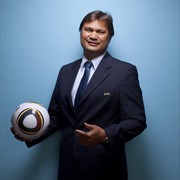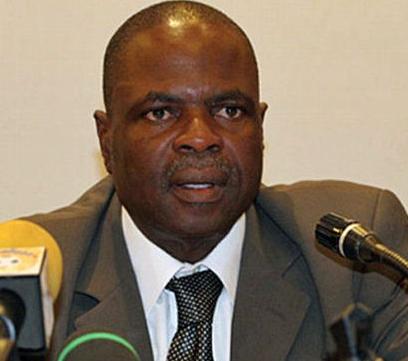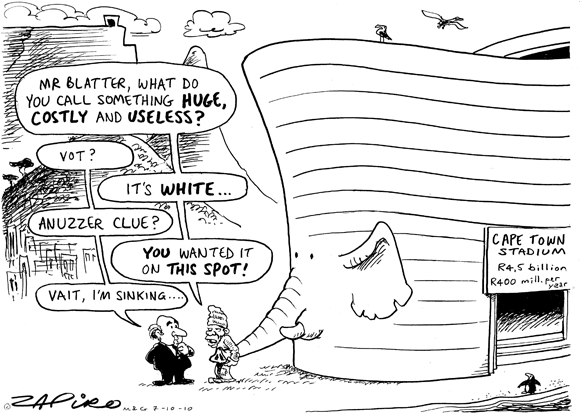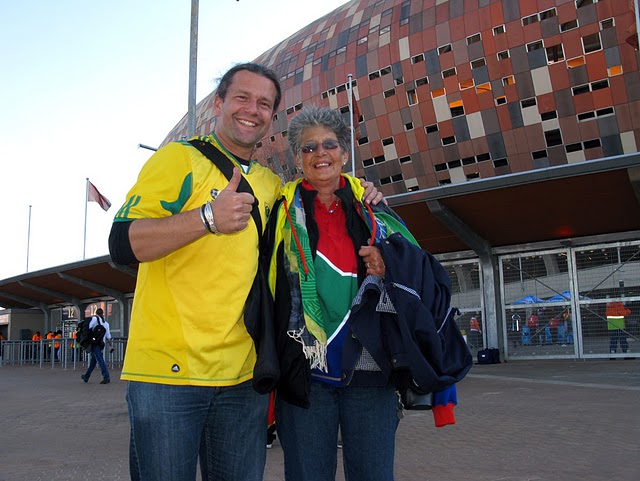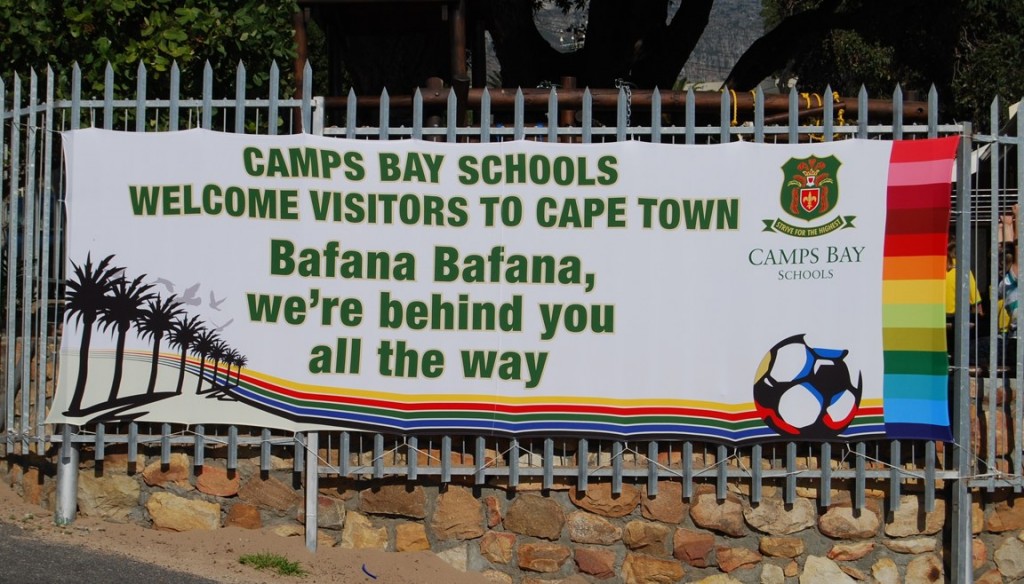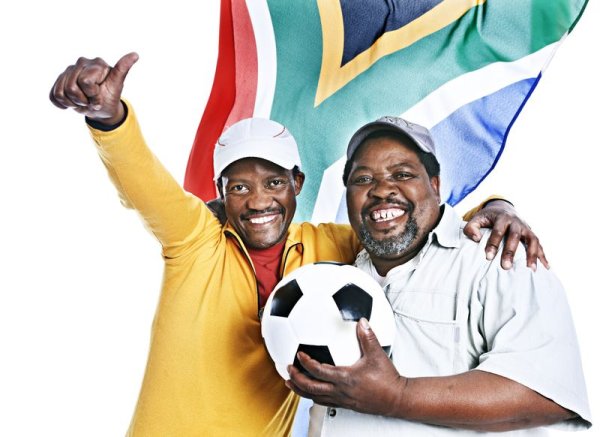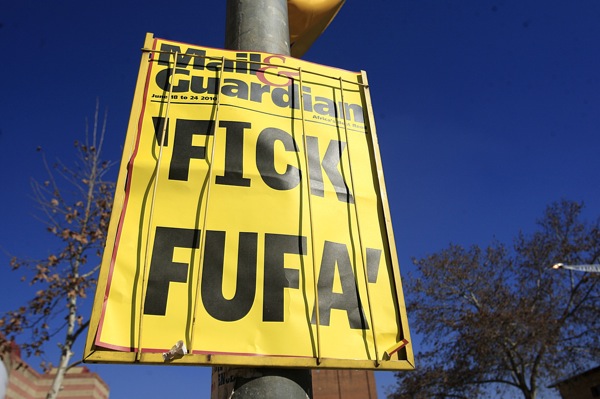
Stung by the revelations of the Sunday Times, FIFA moved into damage control mode on Wednesday. The world body provisionally suspended executive committee members Amos Adamu of Nigeria and Reynald Temarii from Tahiti and four other officials as it investigates the World Cup vote-selling scandal.
A second official from Tahiti, Ahongalu Fusimalohi, is among the four former executive committee members also targeted by the probe. The other men, regrettably, are all Africans: Slim Aloulou (Tunisia), Amadou Diakite (Mali), and Ismael Bhamjee (Botswana). A reminder of how poor governance continues to hinder the progress of African football. And at a time of catastrophic corporate scandals on a planetary scale, this latest mess in Zurich demonstrates again how global sport, business, and politics are inextricably linked.
FIFA’s ethics panel (sic!) is moving quickly with the investigation to limit the negative publicity and to ensure that selection of the hosts of the 2018 and 2022 tournaments goes ahead as planned on December 2.
Read full article here.
